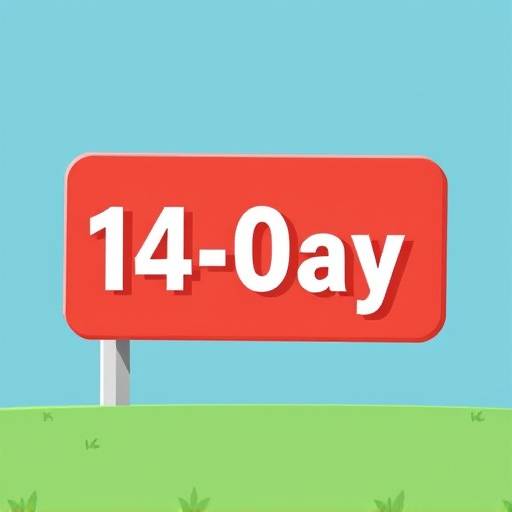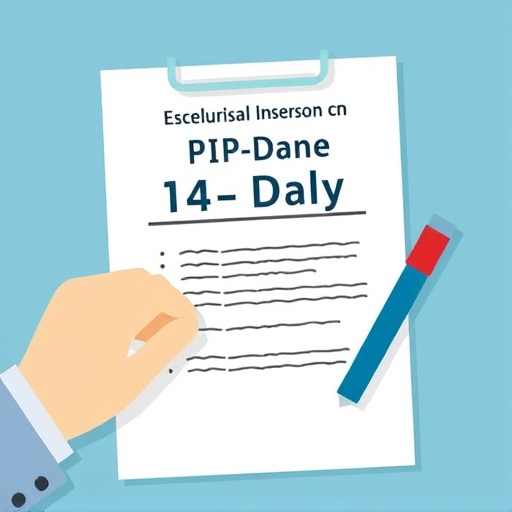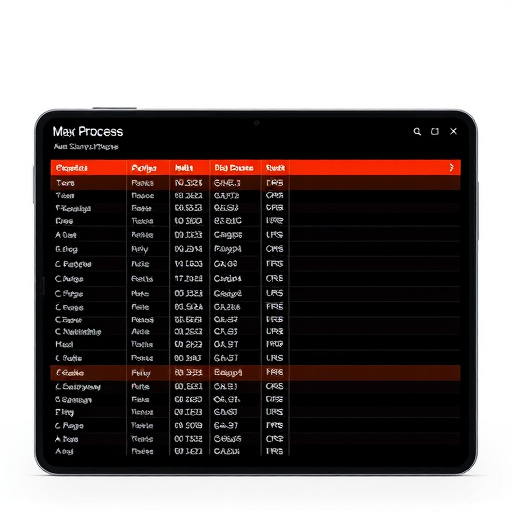Compressed nerves, caused by repetitive motions or injuries, lead to significant pain and irritation. Understanding this condition is crucial for filing Personal Injury Protection (PIP) claims, especially adhering to the 14-day rule for treatment initiation. Prompt recognition of symptoms, including tingling to sharp pains, is essential for coverage eligibility. This rule ensures immediate access to medical care, physical therapy, and specialized treatments through PIP insurance benefits. Additionally, lifestyle changes can alleviate discomfort, and following the 14-day rule prevents misdiagnosis and delays in recovery. After filing a claim, understanding this rule's importance guides the process, ensuring timely compensation for injuries and medical expenses.
Finding Relief from Compressed Nerve Discomfort
Compressed nerves can cause significant pain and hinder daily activities. This article guides you through understanding nerve discomfort, its causes, and available relief options. We explore the role of PIP (Personal Injury Protection) insurance in covering nerve-related pain, emphasizing the 14-day rule for seeking medical attention. Learn about diagnosis, treatment, lifestyle changes, and legal rights after a PIP claim. Take control of your health and discover ways to manage compressed nerve pain effectively.
- Understanding Compressed Nerves and Their Discomfort
- The Role of PIP Insurance in Covering Nerve-Related Pain
- Exploring the 14-Day Rule: When to Seek Medical Attention
- Diagnosis and Treatment Options for Compressed Nerves
- Lifestyle Changes and Self-Care for Relief
- Legal Rights and Next Steps After a PIP Claim
Understanding Compressed Nerves and Their Discomfort

Compressed nerves, often a result of repetitive motions or traumatic injuries, can cause significant discomfort and pain for individuals affected. This condition occurs when pressure is exerted on a nerve, leading to irritation and signal distortion between the brain and body parts below the point of compression. Symptoms vary from mild tingling sensations to sharp, burning pains, sometimes radiating down limbs.
Understanding compressed nerves is crucial for navigating PIP (Point of Care) insurance claims, particularly in light of the 14-day rule. This rule dictates that treatments must commence within two weeks of symptom onset to be eligible for coverage. Thus, recognizing and acting upon nerve compression symptoms promptly becomes essential, both for effective relief and ensuring access to necessary medical care through PIP insurance benefits.
The Role of PIP Insurance in Covering Nerve-Related Pain

When experiencing compressed nerve discomfort and pain, understanding your insurance coverage can be a lifeline. Here, Personal Injury Protection (PIP) insurance plays a pivotal role. Many policies include PIP, designed to cover various medical expenses and lost wages after an accident. One key aspect of PIP is the 14-day rule, which allows you to initiate treatment without prior authorization from your insurer. This provision is crucial for nerve-related pain, as prompt medical attention can significantly impact long-term outcomes.
Understanding the scope of your PIP coverage ensures you can access necessary treatments, including physical therapy and specialized care for nerve discomfort. It also provides financial security during an often challenging time. Remember, each PIP policy has its nuances, so reviewing your specific plan is essential to navigating this aspect of your recovery effectively.
Exploring the 14-Day Rule: When to Seek Medical Attention

Experiencing persistent nerve discomfort or pain that feels compressed? It’s crucial to understand the 14-day rule, often associated with PIP (Personal Injury Protection) insurance claims. This timeframe refers to the period during which minor injuries, such as compressed nerves, are typically expected to resolve themselves without medical intervention. However, if your symptoms remain or worsen after two weeks, it’s a clear signal that you should seek professional medical attention.
The 14-day rule is designed to distinguish between genuine, potentially chronic conditions and transient injuries. Ignoring persistent pain beyond this period could lead to misdiagnosis or delayed treatment, which might complicate the healing process. Remember, PIP insurance exists to provide financial support for medical care related to acute injuries—and seeking timely attention ensures you receive the appropriate treatments tailored to your specific condition.
Diagnosis and Treatment Options for Compressed Nerves

Diagnosing compressed nerves involves a thorough medical examination, including a review of symptoms and medical history. Healthcare professionals may order imaging tests such as X-rays, MRIs, or CT scans to visualize the affected area and confirm the diagnosis. Electrodiagnostic tests, like nerve conduction studies, can also be employed to assess nerve function and identify any damage.
Treatment options range from conservative measures like rest, physical therapy, and over-the-counter pain medications for mild cases. For more severe conditions, corticosteroid injections may provide relief by reducing inflammation and compressing the affected nerves. In some instances, surgery might be recommended to decompress the nerve, especially if symptoms persist despite conservative treatments. PIP (Point of Care) insurance, adhering to the 14-day rule, can cover these diagnostic procedures and treatment options, ensuring accessibility to necessary care for individuals experiencing compressed nerve discomfort.
Lifestyle Changes and Self-Care for Relief

Making lifestyle changes and practicing self-care can significantly alleviate compressed nerve discomfort and pain, especially with the right support from PIP insurance benefits. Adhering to the 14-day rule, which stipulates a prompt response to injuries or issues, is crucial in ensuring timely treatment and preventing further complications. Simple adjustments like maintaining good posture while sitting or standing, regularly exercising to promote blood flow, and adopting an anti-inflammatory diet can offer much-needed relief.
Additionally, stress management techniques such as meditation, deep breathing exercises, and yoga can help reduce nerve tension. Avoiding repetitive strain injuries by taking regular breaks during work or activities that require prolonged periods of concentration is also essential. Incorporating these self-care practices alongside any prescribed treatments can lead to a more effective and lasting reduction in pain associated with compressed nerves.
Legal Rights and Next Steps After a PIP Claim

After making a Personal Injury Protection (PIP) claim for compressed nerve discomfort and pain, understanding your legal rights is crucial. Once you’ve filed your claim, there’s a 14-day rule that requires the insurance company to acknowledge receipt of your claim within this timeframe. This initial step sets in motion the process that could lead to compensation for your injuries and associated medical expenses.
If your PIP claim is denied or you’re unsatisfied with the settlement offered, you have options. The next steps involve reviewing your policy, gathering additional evidence, and considering legal counsel. It’s important to remember that the 14-day rule is a significant aspect of ensuring prompt action from your insurance provider, and understanding your rights under this rule can be a game-changer in navigating the claim process effectively.














